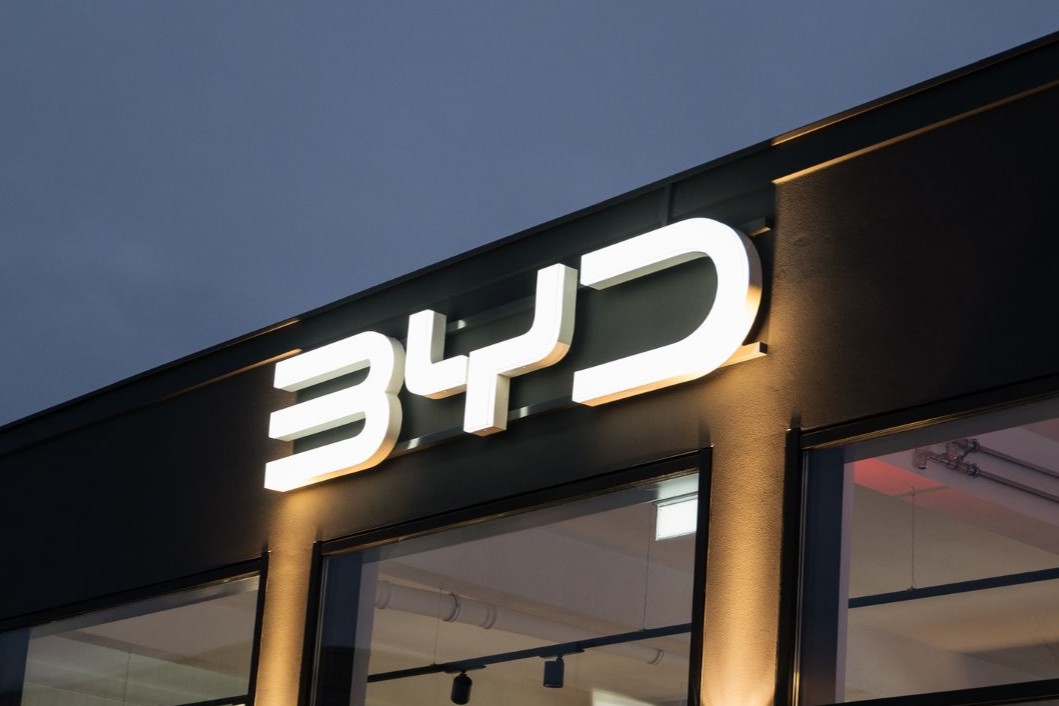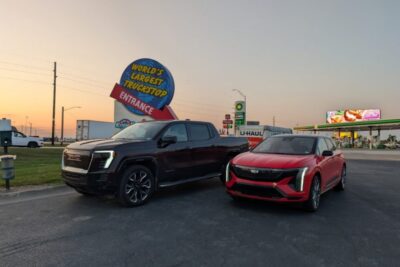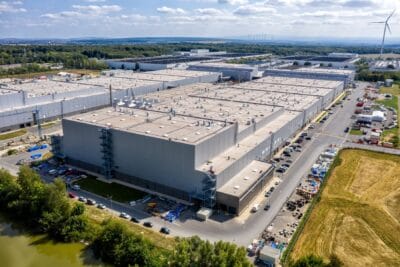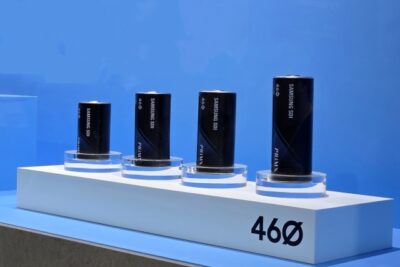BYD has already produced its first solid-state cells
According to Chinese media, Sun Huajun, CTO of BYD’s battery business, stated at a forum event on solid-state batteries that the company had already produced its first solid-state cells with 20 Ah and 60 Ah on its pilot production line in 2024. The portals CN EV Post and Car News China reported on this based on a video recording of the presentation.
According to the battery business CTO, BYD expects to start “mass demonstration” of solid-state batteries around 2027. However, he did not provide any information on the number of prototype cells produced to date. And even after the demonstration applications, there are no plans to start series production in the near future: A truly large-scale introduction of solid-state batteries could possibly only take place after 2030, Sun is quoted in the reports.
Sun also does not expect the technology to be used by its competitors any earlier than this. “Looking at the industry as a whole, different players are making about the similar progress,” Huajun said. In fact, Wu Kai, Chief Scientist at CATL, stated at an event in April 2024 that battery market leader CATL plans to produce the first solid-state cells in small quantities in 2027 – similar to BYD. However, there will still be problems with producing large quantities, including in terms of costs, according to Wu.
In the technical presentation, Sun also announced that BYD is focussing on sulphide electrolytes in the development of solid-state cells – apparently driven by “cost and process stability considerations.” According to the BYD manager, the costs for solid-state cells with sulphide electrolytes could theoretically reach a comparable level to today’s NCM cells with liquid electrolyte level of scale of use. However, the quantities are still too small – especially for sulphide electrolytes: “It doesn’t really make a lot of sense to talk about cost in the absence of volume.” Other technology paths for solid-state cells are oxides and polymers. According to a report from November 2024, CATL is also said to have opted for sulphides.
In theory, replacing the current liquid electrolyte in a battery cell with a solid offers a number of advantages. As the flammable liquid electrolyte is no longer required, solid-state cells are generally safer. At the same time, higher energy densities and more power are possible, resulting in a longer range and shorter charging times. Although many companies and institutions have been working on the technology for years due to these advantages, battery cells with ‘real’ solid electrolyte are still very rare – as BYD’s timetable also suggests. A semi-solid, gel-like electrolyte, also known as a solid, is already being used in some cases. However, this is actually a so-called ‘semi-solid-state battery’ (SSSB), while BYD and CATL use ‘all-solid-state batteries’ (ASSB) with an actual solid electrolyte.
BYD is best known today for its blade batteries with LFP cell chemistry. These lithium iron phosphate cells are considered to be more robust and cheaper than cell chemistries based on nickel and cobalt, but generally have a lower energy density. In its report, Car News China quotes Sun as well as Lian Yubo, BYD’s chief scientist, chief engineer for motor vehicles and dean of the Automotive Engineering Research Institute. ““Solid-state batteries will be mainly used in high-end models, empowering each other with lithium iron phosphate batteries, and used in vehicles of different levels,” said Lian, who expects LFP cells to be used for at least another 15 to 20 years.





6 Comments